T4K3.news
Kimmel Defends Colbert Late Night TV
Jimmy Kimmel rebuts budget rumors about Colbert and argues late-night TV remains influential across platforms.
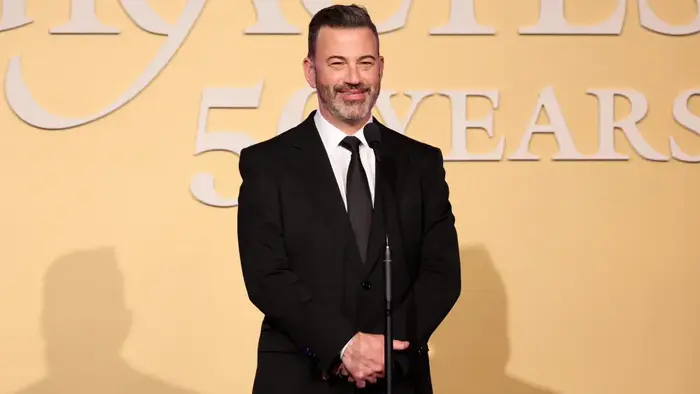
Emmy winner Jimmy Kimmel defends Stephen Colbert and argues late-night TV remains influential amid budget chatter.
Kimmel Defends Colbert Late Night TV Remains Strong
Jimmy Kimmel gave a wide interview to Variety about his Emmy nominations and why he supports Stephen Colbert. He pushes back on reports that Colbert’s show loses about 40 million dollars a year, arguing those claims miss the full financial picture, including affiliate fees and distribution revenue. Kimmel says the numbers often cited in headlines fail to account for the broader economics of late-night and he defends his colleague and the format.
Kimmel also describes his close ties with other late-night hosts and notes a sense of solidarity during industry strikes. He discusses the state of late-night as a business that is changing more than dying. He points to strong viewership for monologues on platforms beyond network TV, such as YouTube and other social channels, and argues that the audience is still there, just in different places. He frames late-night as evolving rather than disappearing, with economics that require looking beyond traditional ratings.
Key Takeaways
"The idea that Stephen Colbert's show was losing $40 million a year is beyond nonsensical"
Kimmel disputes budget claims in the Variety interview
"The reports of late-night's death have been greatly exaggerated"
Kimmel counters the dead-or-alive narrative around the format
"If Joe Biden had used his muscle to get Sean Hannity kicked off the air I would not support that"
Kimmel defends free speech and resists political censorship
"Network television is declining but more people are watching late-night than ever before"
Kimmel presents a multi-platform view of late-night audiences
Kimmel’s defense reframes a long-running media narrative. By highlighting affiliate fees and multi-platform reach, the interview nudges readers to see late-night as a shifting economic model rather than a dying format. It also underscores how public conversations about TV can oversimplify complex budgeting and distribution realities. The piece shows how a high-profile host uses insider credibility to push back against simplified headlines.
There is value in a healthy skepticism of budget claims, but the broader trend remains: audiences migrate and platforms fragment. Kimmel’s emphasis on streaming and clips signals a winner-take-all move toward digital distribution for late-night content. If the industry wants to keep the format vibrant, it will need to align business models with new viewing habits while preserving the essence of the monologue and interviews.
Highlights
- Late-night isn’t dying it’s evolving
- The reports of late-night’s death have been greatly exaggerated
- If free speech is at risk we all lose
- The money talk is not the whole story of TV
budget and political sensitivity risk
The piece touches on budget claims about a TV show's finances and political context around media and free speech. These topics can provoke backlash from viewers, investors, and network stakeholders and may require careful framing to avoid misinterpretation.
The landscape keeps shifting, and late-night may still surprise us.
Enjoyed this? Let your friends know!
Related News

CBS terminates The Late Show with Stephen Colbert

Kimmel disputes Colbert loss claim
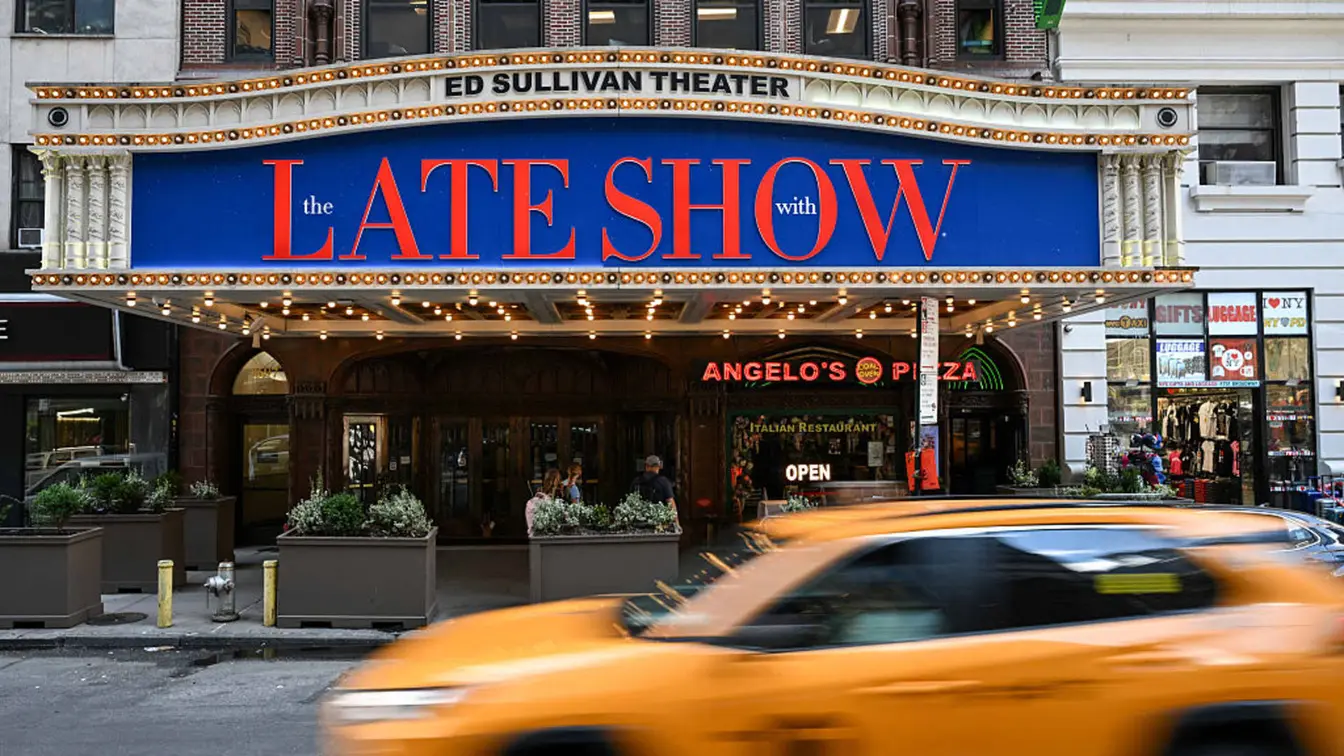
CBS cancels Colbert's Late Show
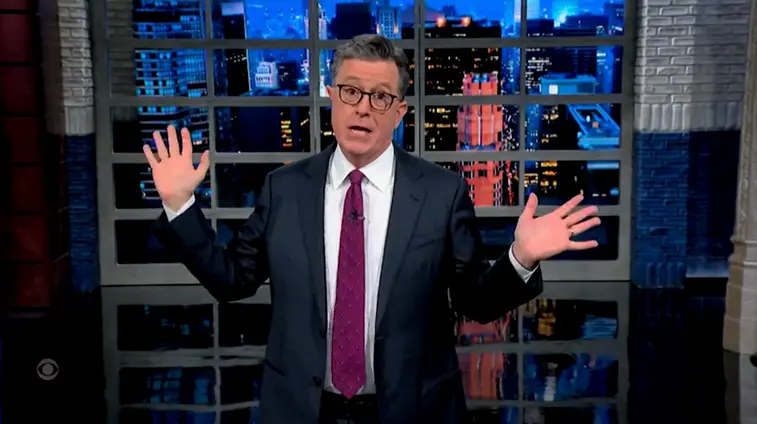
The Late Show with Stephen Colbert will be canceled next May
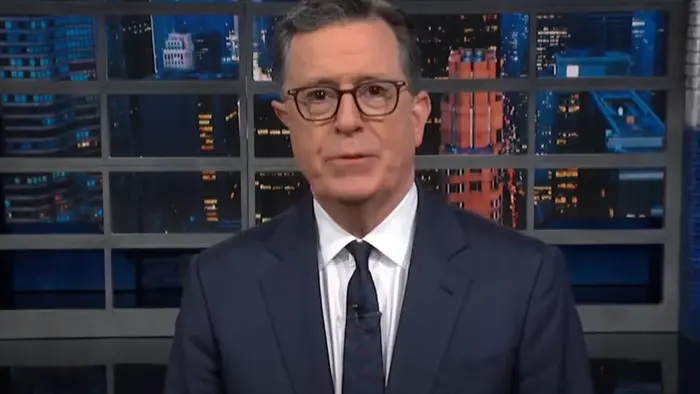
CBS to cancel The Late Show with Stephen Colbert
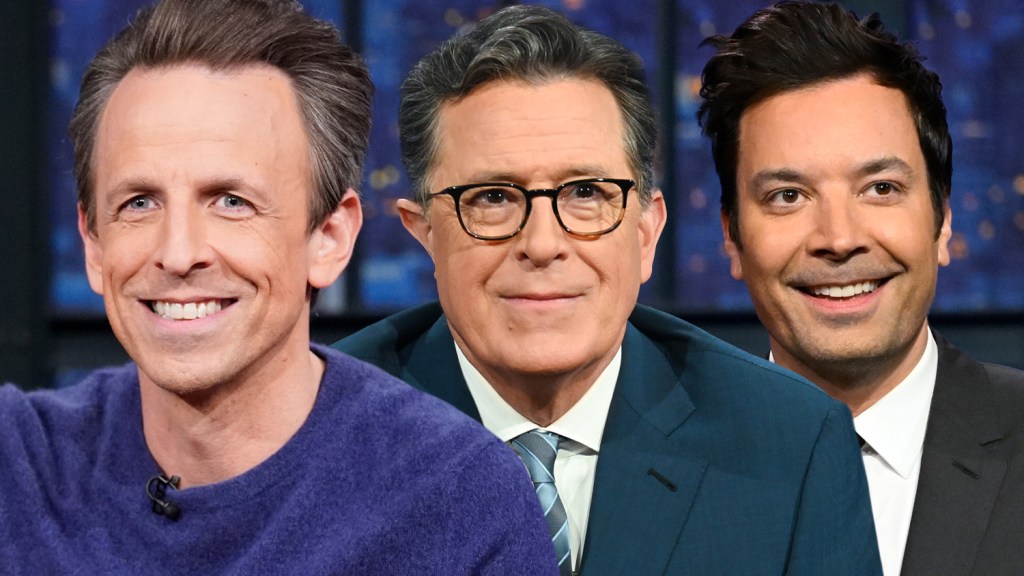
CBS announces cancellation of The Late Show
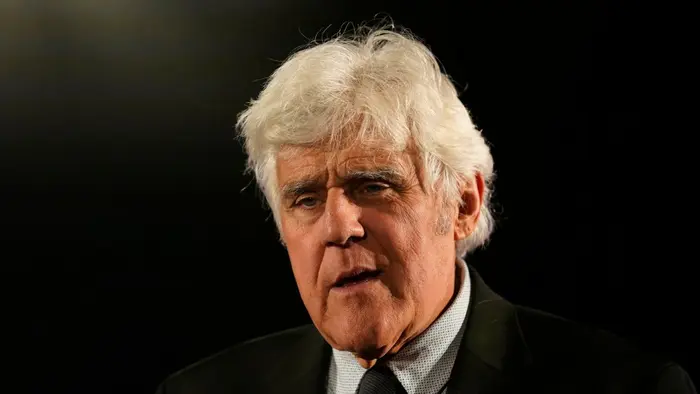
Jay Leno warns late-night hosts about losing viewers
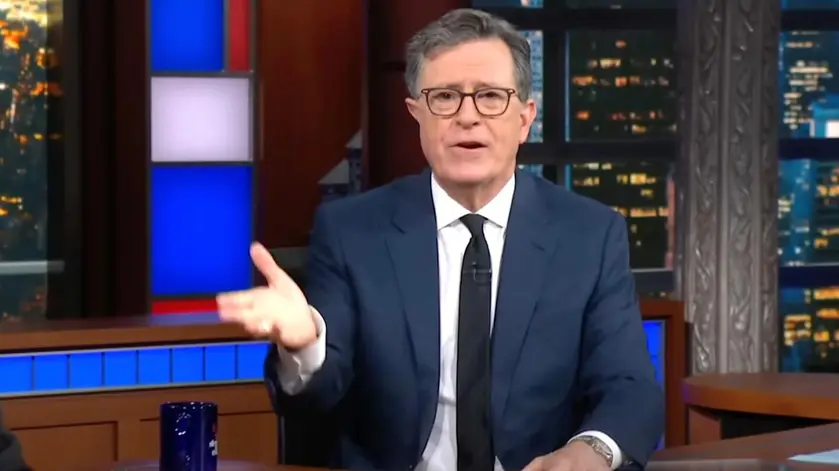
Stephen Colbert's Late Show Ratings Rise After Cancellation
